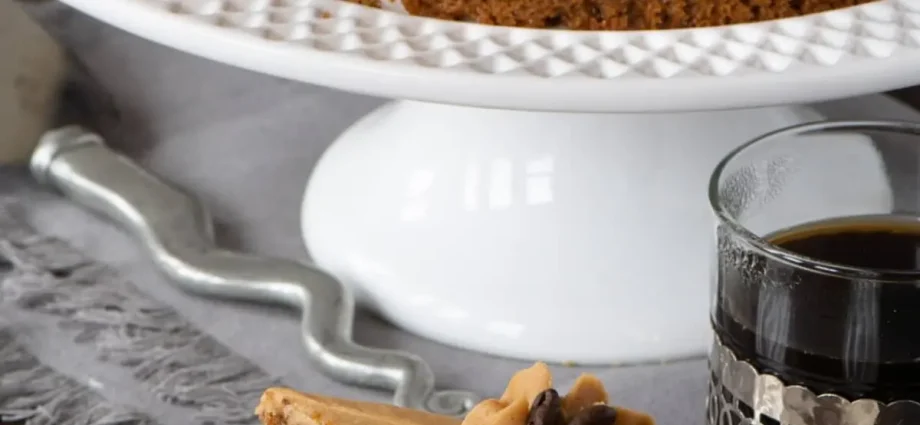Coffee with a cookie after lunch is harmful to your health. It is better to serve it for breakfast or a few hours after it, and have a cup of tea for tea.
As the research published in the Journal of Nutrition has shown, a cookie with coffee eaten even a few hours after a greasy dinner causes the sugar in the cookie to remain in the blood instead of turning into energy needed by our organs. Meanwhile, too high a sugar level damages the nervous system and blood vessels. It can damage eyesight, heart and kidneys. It also increases the level of the so-called bad cholesterol and a decrease in good cholesterol, which protects us against the development of atherosclerotic lesions.
Blood sugar differences
Researchers from the University of Guelph in Canada checked the sugar level of a cookie eaten with coffee after a fatty lunch. They divided the respondents into two groups. Some received a smoothie containing fat, others water. A few hours later, they all got coffee followed by a glucose solution. It found that a previous high-fat meal had disrupted the body’s ability to remove glucose from the bloodstream. Her blood level was 32 percent. higher after consuming a fat shake than after drinking water. In the next part of the experiment, the subjects were again served a smoothie containing fat. Some then drank caffeinated coffee and some decaf. Then everyone got glucose. The study found that coffee worsened sugar metabolism. Those who drank caffeinated coffee an hour after glucose intake had 65 percent. higher blood sugar levels than those enjoying decaf coffee.
Glucose metabolism disorder
When sugar is consumed, the pancreas produces insulin, which causes it to be distributed from the bloodstream to the body’s cells – mainly the muscles and liver. When it is lacking, cells do not receive the energy they need, and excess sugar remains in the blood. Fatty food and coffee disrupt this process, which causes sugar to remain in the blood. “The study shows that saturated fat interferes with the body’s ability to remove sugar from the blood, and coffee makes it worse,” says study co-author Dr. Marie-Soleil Beaudoin. He also adds that the effect of a fat meal on glucose metabolism lasts for hours, which is particularly dangerous to health.
The knowledge resulting from Canadian research can help us develop a rational menu. Scientists have proved that what we eat for lunch, for example, will have an impact on the body’s response to subsequent meals during the day. Therefore, if we are lovers of coffee with a cake, we should eat a light, non-greasy breakfast and serve it before dinner, e.g. as part of the second breakfast. After lunch for afternoon tea, tea will be much better. The discovery of Canadian scientists is also particularly important for people suffering from type 2 diabetes. These patients must limit the consumption of coffee and fatty meals.
Text: Halina Pilonis










